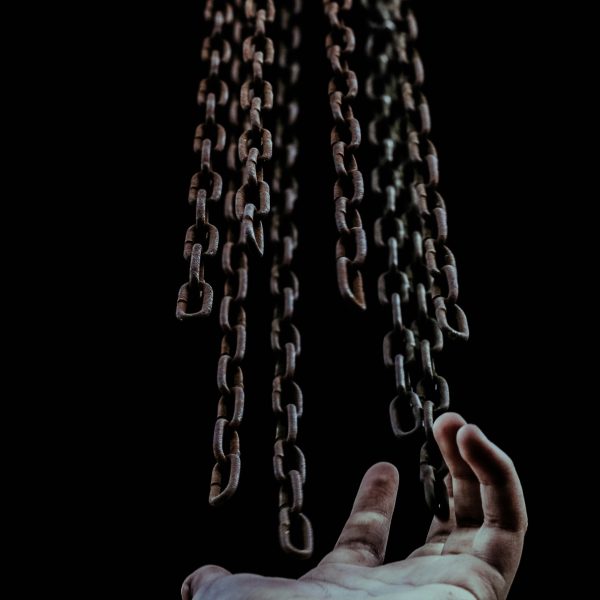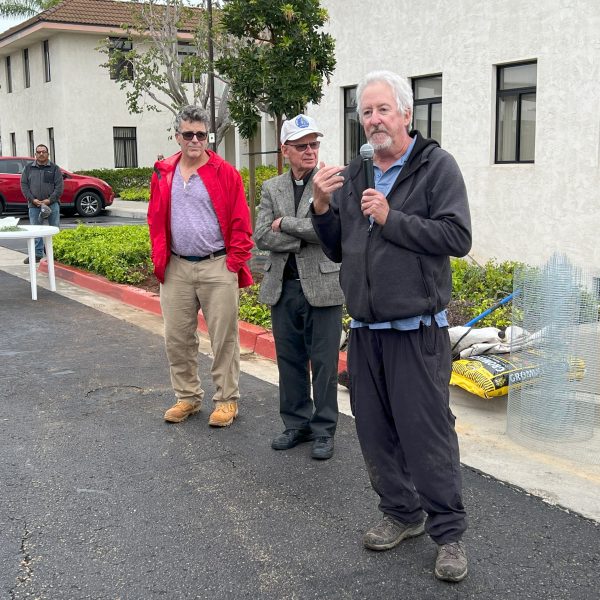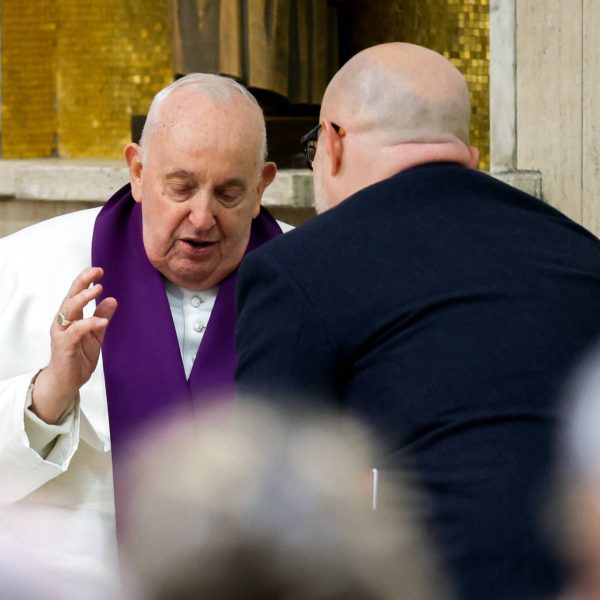By Ricardo Márquez
A quote from Frederick Douglass comes to mind when I think about child abuse.
“It’s easier to build strong children than repair broken men.”
An estimated 1,840 children died of abuse and neglect in fiscal year 2019, the latest figures available, according to the Children’s Bureau at the U.S. Department of Health and Human Services. That’s up 60 from the previous year.
“Every day, four to eight children in the United States die from abuse or neglect at the hands of their parents or caretakers. No one knows the exact number, and there has been little progress in preventing these tragic deaths. Most of the children who die are infants or toddlers,” said the Congressional Commission to Eliminate Child Abuse and Neglect Fatalities in its final report.
Obviously, something is not working right for this to happen. Neglect from adults, poverty and violence are the main drivers of these deaths, the commission said.
Authorities fear that abuse has surged during the pandemic, as parents have been forced to spend unending hours with their children at home out of public view.
At some point, the adults who abuse and neglect their children were children themselves. They perpetuate what they experienced; if they lived in a hostile environment, they learned to fight; if they were harshly criticized, they learned to criticize … if they were abused, it’s likely they will be abusers.
Preventing child abuse involves the growth and transformation of us adults. April is National Child Abuse Prevention Month. It’s a good opportunity for us to stop, even for a few moments, to remember the thousands of children who suffer at the hands of adults around the world – and to act.
We can find a way to talk about this problem with our family. We can pray for the healing of the children who are abused. We can commit to not using words that injure. We can ask forgiveness for the pain we inflicted. We can pray to become instruments of peace and compassion.
When we, as adults, neglect our responsibilities to model good values and practices, the children who see us and imitate us suffer the consequences. The future emotional health of humanity does not lie in changing the way children think, rather in changing the ways the adults that surround them think and behave.
It’s not easy to repair adults, emotionally broken by their particular circumstances, but it’s not impossible. This requires a will to change, to get help, to surround ourselves with diverse people or even a parish to support us and sustain us on this journey.
It requires acknowledging and embracing our needs, errors and weaknesses … to remember St. Paul, who shared with us his internal struggle, his inner voice that told him: “My grace is sufficient for you, for My strength is made perfect in weakness” (2 Corinthians 12:7-9).
“Tenderness is the best way to touch the frailty within us,” Pope Francis reminds us in his recent apostolic letter, “Patris Corde” (With a Father’s Heart).
Changes don’t come from judgment, rather from compassion that accompanies, heals and walks with our wounded brothers and sisters.
Preventing child abuse does not require extraordinary actions. Instead, we can approach each day with the intention and the responsibility of being better than we were the previous day and leaving the world a better place than how we found it. We can do this through the simple acts of patience, appreciation and compassion.
With adults who are “repaired,” or in the process of being healed, our children will be safe and protected.
Ricardo Márquez, Ph.D., is associate director of the Office for Family Life & Spirituality at the Catholic Diocese of San Diego. He may be reached at rmarquez@sdcatholic.org.



